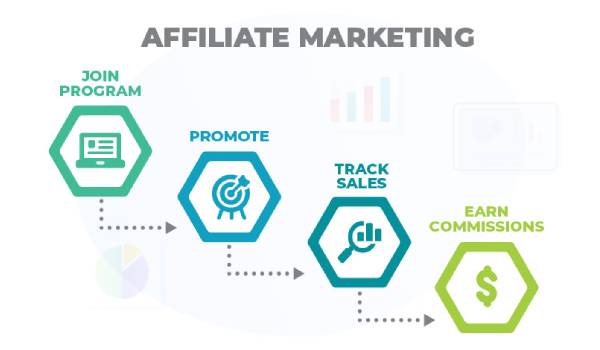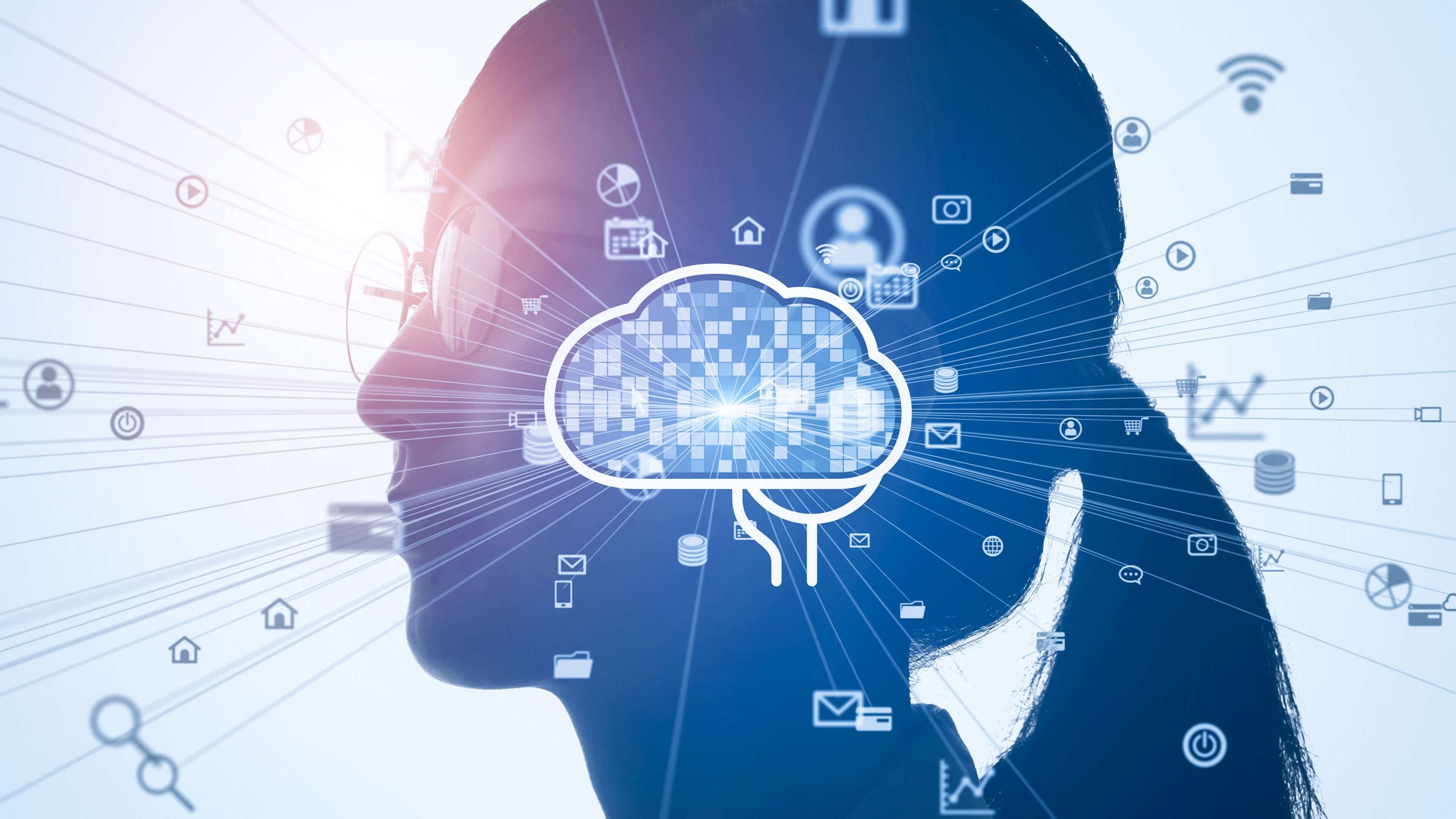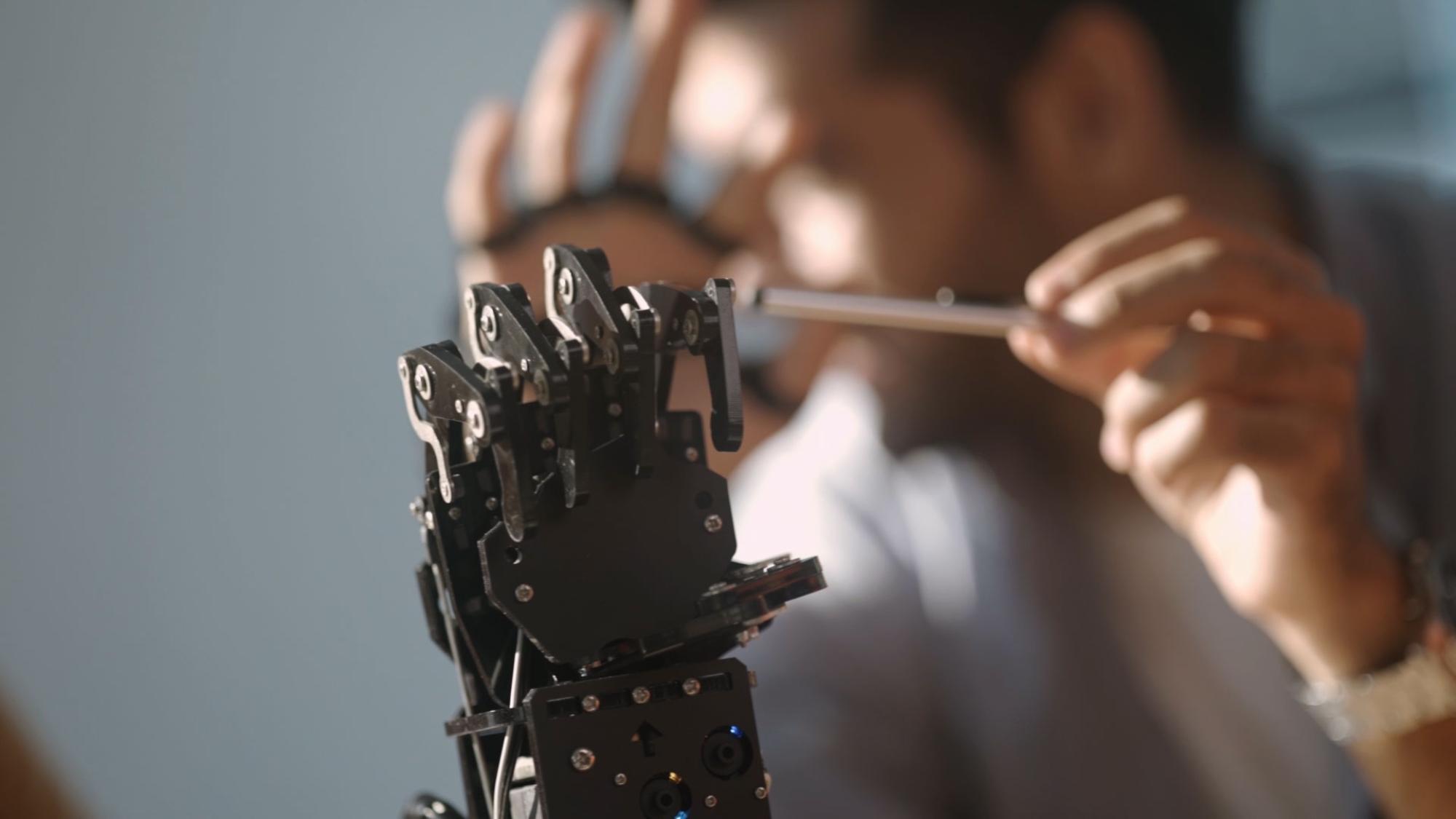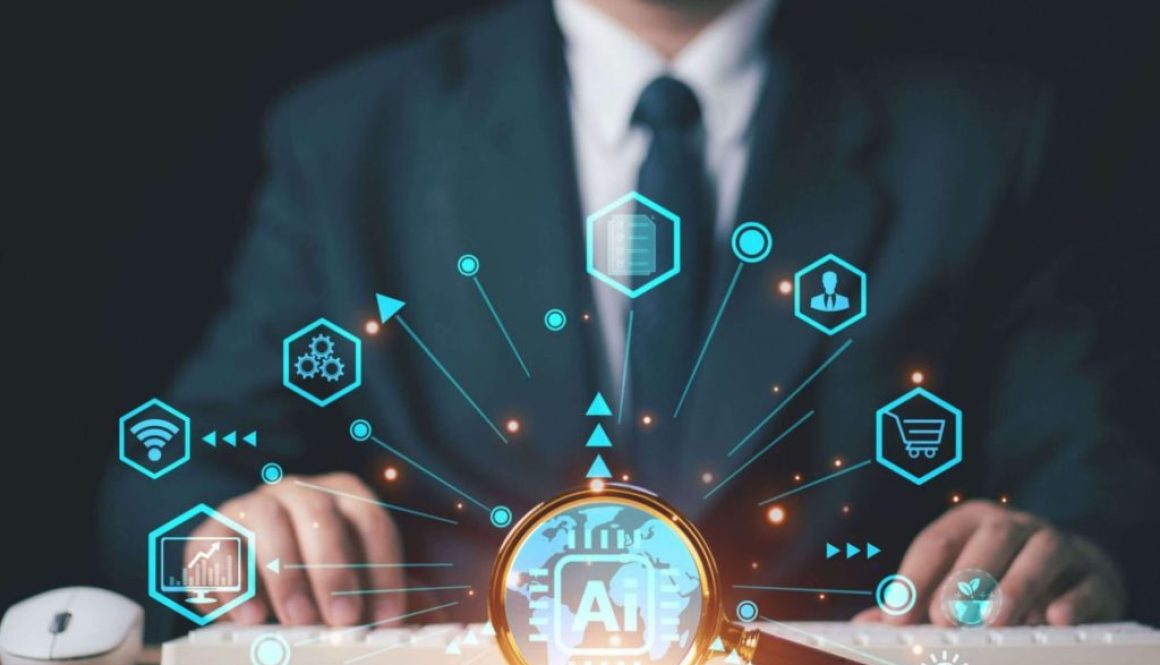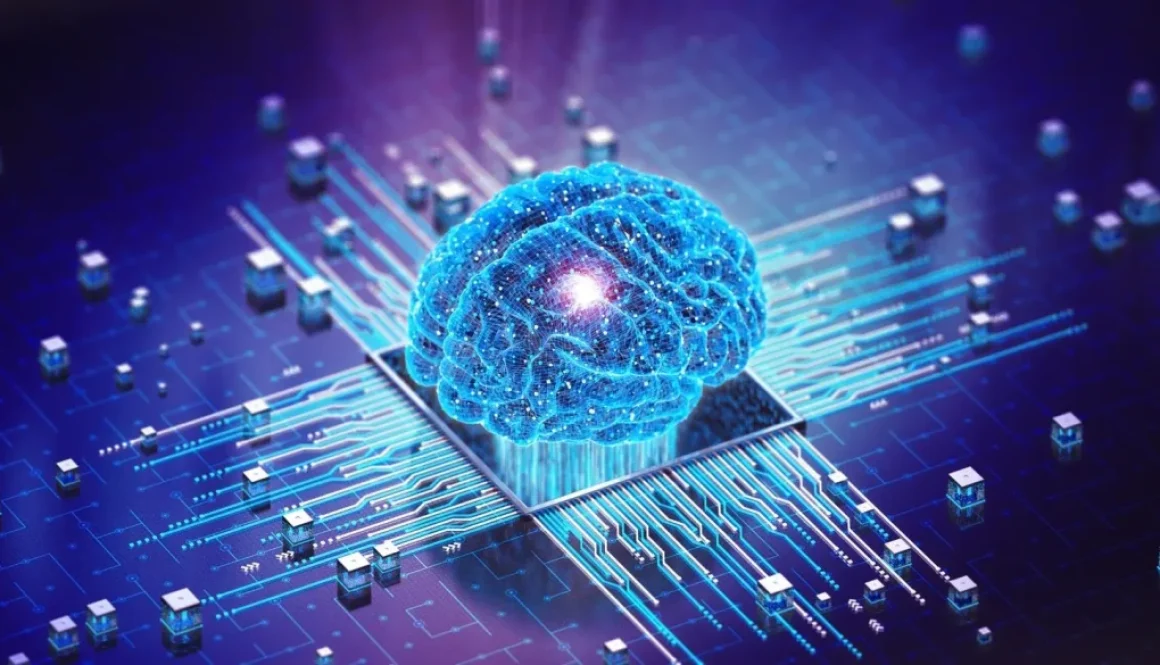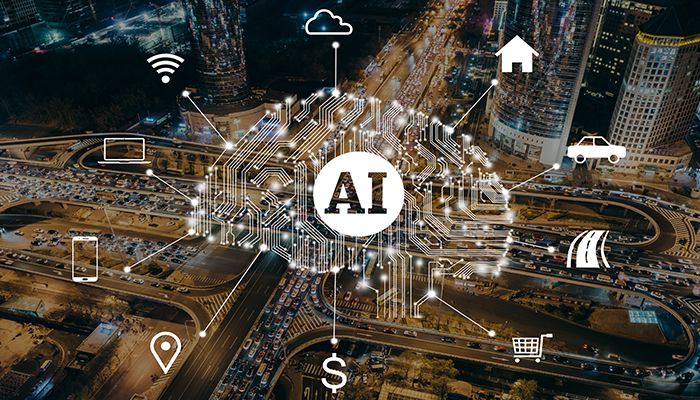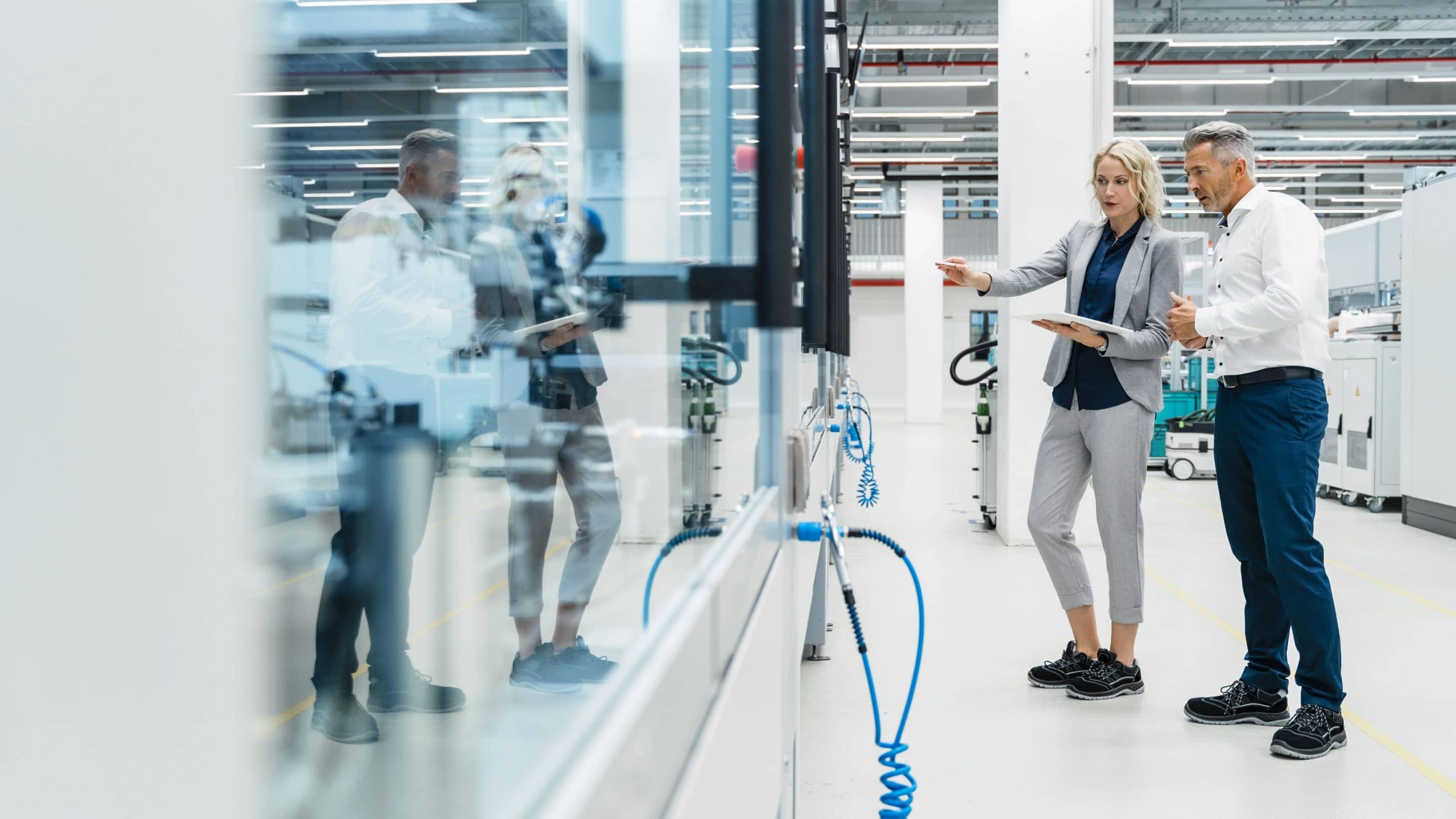How to Find the Right Keywords That Actually Convert
Choosing the right keywords is not just about search volume, but about understanding intent and real user behavior. Keywords that actually convert are the ones aligned with what people are ready to do, not just what they are curious about. By focusing on relevance, intent, and competition, businesses can attract visitors who are more likely to take action. A smart keyword strategy helps reduce wasted traffic, improve conversion rates, and ensure every campaign supports clear and measurable goals.
Understanding Buyer Intent for High Converting Keywords
Understanding buyer intent is one of the most important factors when selecting high converting keywords. Not every search represents the same level of readiness to act. Some users are only looking for information, while others are actively comparing options or preparing to make a purchase. Keywords with strong buyer intent usually include signals such as product names, pricing terms, or action oriented phrases. For example, searches like retatrutide peptide buy clearly indicate a transactional mindset, meaning the user is already aware of the product and is closer to conversion.
By focusing on buyer intent, marketers can attract traffic that is more likely to take meaningful action, rather than large volumes of users who are only browsing. This approach helps reduce wasted ad spend, improves conversion rates, and aligns content with real user needs. High converting campaigns are built around understanding what the searcher wants to do next and matching keywords to that intent.
How to Find the Right Keywords That Actually Convert
Finding the right keywords that actually convert requires more than chasing high search volume or trending terms. The goal is to identify keywords that align with real user intent and business objectives. High converting keywords usually reflect clear needs, such as problem solving, product comparison, or purchase readiness. By analyzing search intent, marketers can determine whether a keyword attracts users who are researching, evaluating options, or prepared to take action.
Effective keyword research also involves balancing competition and relevance. Keywords with extremely high competition may drive traffic, but not necessarily results. Long tail keywords often perform better because they are more specific and attract users with a clearer purpose. When keywords are carefully mapped to the right content or landing pages, they create a smoother user journey, improve engagement, and increase the likelihood of conversions.

Choosing the Right Keywords for Better Traffic and ROI
Choosing the right keywords is essential for attracting quality traffic and maximizing return on investment. The focus should always be on relevance and intent rather than raw search volume. Keywords that closely match what users are looking for help bring visitors who are more likely to engage, convert, or make a purchase. This leads to better use of marketing budgets and more predictable results across campaigns.
A strong keyword strategy also considers competition, cost, and alignment with business goals. Targeting overly broad keywords can increase traffic but often results in low engagement and poor ROI. More specific keywords, especially those tied to clear user intent, tend to perform better over time. When keywords are properly researched, tested, and refined, they support sustainable growth, improve conversion rates, and ensure that traffic delivered to a website has real business value.
How to Build Campaigns Around Keywords That Drive Results
Building campaigns around keywords that drive results starts with understanding how those keywords connect to user intent and campaign goals. Instead of grouping many unrelated terms together, successful campaigns are structured around tightly themed keywords that reflect a clear purpose. This approach allows ads, content, and landing pages to speak directly to what the user is searching for.
Effective campaigns also require proper keyword mapping. Each keyword group should lead to a relevant message and a matching offer, creating a consistent experience from search to conversion. Testing and optimization play a major role as well. Monitoring performance data helps identify which keywords generate engagement and which ones drive real results. By refining bids, messaging, and landing pages around proven keywords, campaigns become more efficient, scalable, and focused on measurable outcomes rather than vanity metrics.
Conclusion
Choosing and using the right keywords is the foundation of any campaign that aims to convert, not just attract traffic. By focusing on intent, relevance, and strategic alignment, businesses can build campaigns that deliver measurable results. Well researched keywords help reduce wasted effort, improve ROI, and create a clearer path from search to conversion. When keyword strategy is treated as an ongoing process, long term performance and growth become far more achievable.





